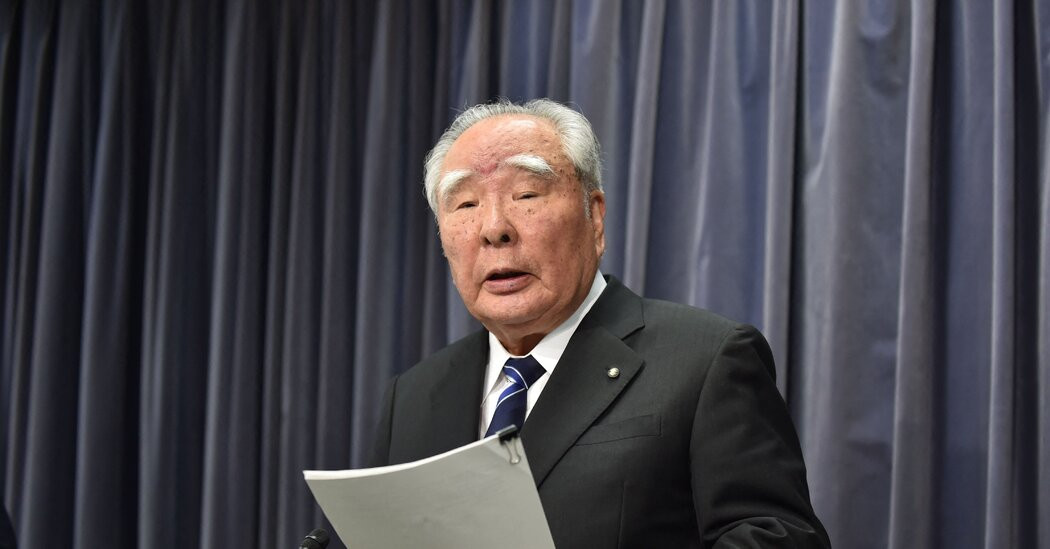

He built Suzuki Motor from a small company into a global powerhouse, entering the Indian market in the 1980s in one of his early successes.
Osamu Suzuki, who led Suzuki Motor for more than four decades and transformed the Japanese automaker into a global powerhouse, has died. He was 94.
Suzuki Motor said on Friday that Mr. Suzuki died on Wednesday in a hospital in Shizuoka Prefecture, southwest of Tokyo. It said the cause of death was malignant lymphoma.
Mr. Suzuki served as president of Suzuki Motor from 1978 to 2000, and then off and on in other top roles with the company. His tenure of nearly half a century at the helm made him among the longest-serving leaders of any major automaker.
Under his leadership, Mr. Suzuki grew Suzuki Motor from a relatively small company with sales of a few billion dollars annually to what it is today: a leading maker of small vehicles and motorcycles with revenues of more than $30 billion a year because of its strong position in overseas markets like India.
Mr. Suzuki was born in 1930 in Japan’s Gifu Prefecture, west of Tokyo. He married into the automaker’s founding family in the late 1950s, taking his wife’s family name, a not-uncommon practice among prominent Japanese families.
Mr. Suzuki steadily rose through the executive ranks until he became president two decades after he joined the company in 1958.
During his tenure, Mr. Suzuki navigated Suzuki Motor through alliances with major automakers, including Volkswagen and General Motors. Those ultimately fell apart, and in more recent years, Suzuki has deepened ties with Japan’s domestic leader, Toyota Motor.
Rather than take on Japan’s larger automakers directly, Mr. Suzuki focused Suzuki on producing small, low-cost vehicles. He then sought out markets overseas where demand was growing.
One of his most notable successes came when Suzuki entered India in the early 1980s through a partnership with the Indian government. Suzuki’s cars took off, and today the company’s Indian subsidiary commands around 40 percent of the country’s passenger car market.
In 2000, Mr. Suzuki traded the president’s role for the more ceremonial title of chairman, but potential successors suffered ill health. He returned to day-to-day control as chief executive in 2008 after a son-in-law, Hirotaka Ono, died of pancreatic cancer.
In 2016, Mr. Suzuki said he would give up his position as chief executive in response to a scandal over improper fuel economy tests on cars that the company sold in Japan. Mr. Suzuki, 86 at the time, stayed on as chairman. Later that year, Toshihiro Suzuki, a son of Mr. Suzuki and a longtime executive at the company, took over as president.
Osamu Suzuki stepped down as chairman of Suzuki in 2021 but continued to serve as a senior adviser. He said at the time that he would make himself accessible to current management and that he was “full of life,” having played golf some four dozen times the previous year.
Suzuki Motor declined to provide information on survivors. Toshihiro Suzuki, a son of Osamu Suzuki, is the company’s president.